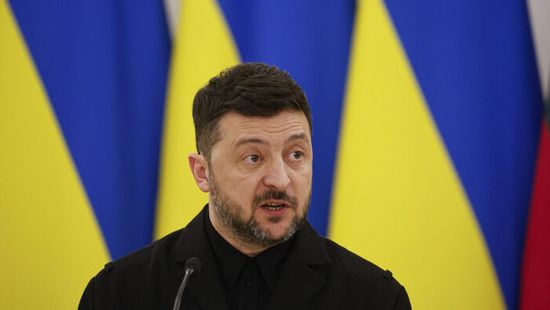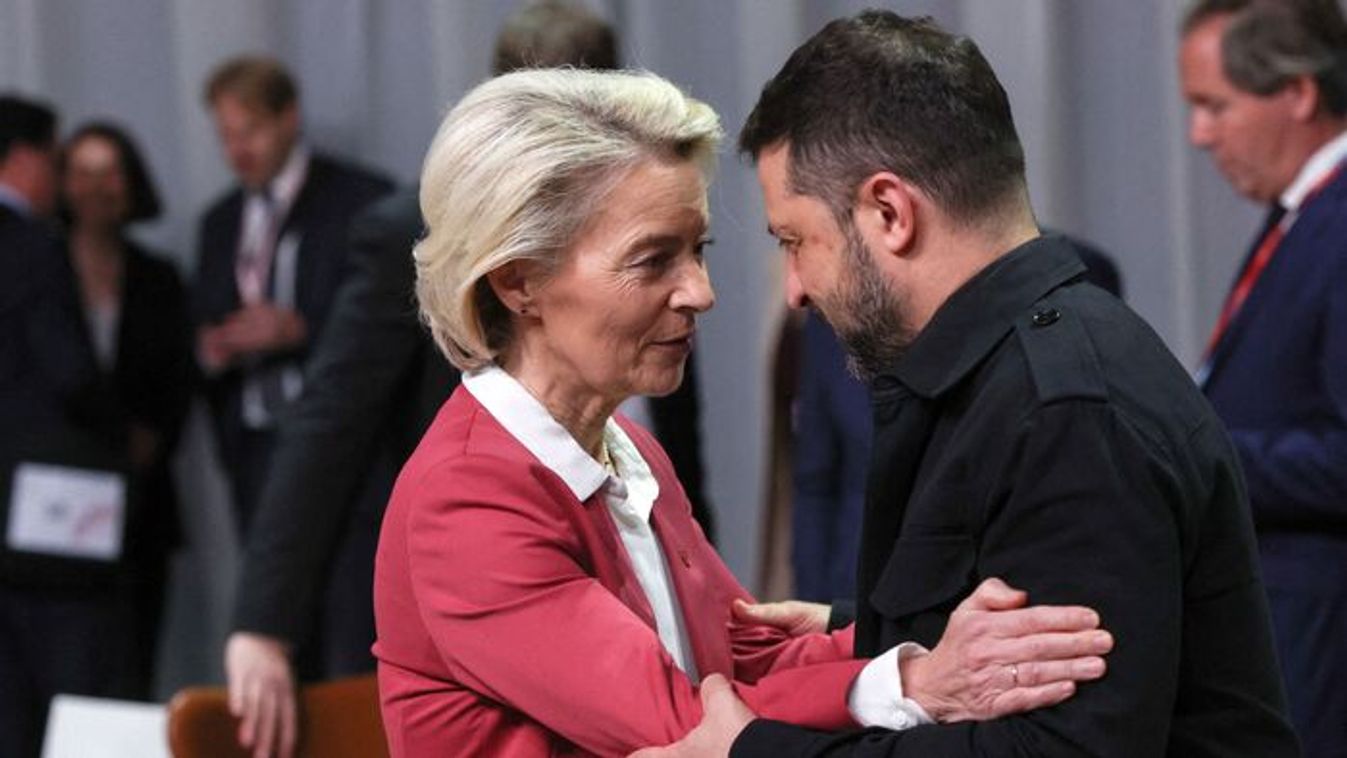Csak két perc: videón a legdurvább ukrán fenyegetések Zelenszkijtől a rettegett ukrán őrnagyig

Magyarország katonai megszállásától a választási eredmények megtámadásáig – minden belefér az EU-s csatlakozást követelő ukrán megszólalók szerint.

This is empty, ideological language, to call Hungary a dictatorship today! And the interview was never published. Which a friend of mine very accurately said is a kind of censorship, if someone gives an answer you don't expect, then you don't publish it.
"I understand you have given the material of your oeuvre, manuscripts and such, to the German Academy of Sciences. Is this beacuse you felt that there was more interest in your work in Germany than in Hungary?
There may be more interest in my work in Germany, but I wish to emphasize, I turned my corpus over to the German Academy for two reasons, one, beacause they asked for it, indeed they had been asking for it for a decade, but the second and perhaps most important, beacause I knew it would be in good hands. It's not that I didn't want to leave my work here in Hungary, Hungarian institutions simply never asked for it. Had they, perhaps I might have, but in the case of Germany I know that it will be treated with the proper care. It will be available for research, for study.

So it was not that you did not wish to turn the materials over to the Hungarian Academy, for instance?
No, they didn't ask. Had they asked, and had I been confident that is would have been in the hands of properly equipped professionals, I would have left it here, in Hungary. Last summer a reporter came from the New York Times to do an interview with me. He asked what I thought of the situation in Hungary. I replied that situation was fine, that I felt fine, and he was surprised. He seemed to have the impression that I felt threatened, given the political mood. He asked why I had given my work to the Germany Academy, and when I told him why, well, he didn't seem to like the answer. He had interpreted this as some kind of expression of my misgivings about Hungary, which it emphatically was not.
It was not a symbolic gesture?
Not at all. And the question was not sincere. He thought I was going to speak out against Hungary, or Hungary today or something. And I didn't. He had come with the intention of getting me to say that Hungary is a dictatorship today, which it isn't. That only means that he has no idea what a dictatorship is. If you can write, speak openly, openly disagree, even leave the country, it is absurd to speak of dictatorship. And this is what I said. I am not pleased with everything happening in Hungary today, I do not think there was ever a time when I was pleased everything happening here, but certainly Hungary is no dictatorship. This is empty, ideological language, to call Hungary a dictatorship today! And the interview was never published. Which a friend of mine very accurately said is a kind of censorship, if someone gives an answer you don't expect, then you don't publish it.
Do you fell that there are attempts to politicize your works?
That is a complex question. I'd rather not go into it beacause anything I would say could be politicized. When Viktor Orbán held a speech at the Konrad Adenaur Foundation, I attended. I had been invited. I was perhaps the only Hungarian who went. I have held presentations there myself and it was an honor to be given an invitation. So I went. And of course it was an important moment for him before the elections, and people criticized me, Hungarians criticized me, for attending this speech.
People who do not share his political views?
Yes, people on the left. Well, one of them was very critical, but he himself had worked in the service of the Kádár regime for years. He himself had attended all kinds of speeches held by representatives of that regime, which was a totalitarian regime, make no mistake about it, and he criticized me for attending a speech held by an elected prime minister. Which is absurd. I am not saying with this that I support the government, nor am I saying that I don't, not at all. But I didn't go to support him, I went to listen to him."
(The full interview was originally published in The Hungarian Quarterly's Holocaust special issue with the title Document and Fiction.)